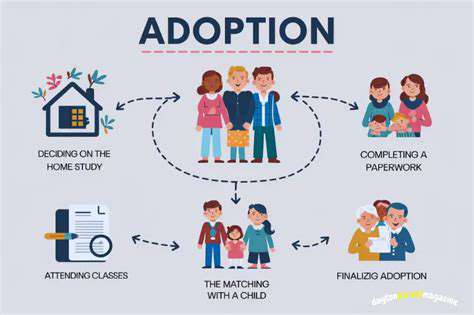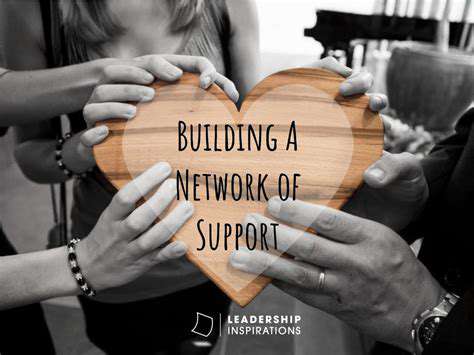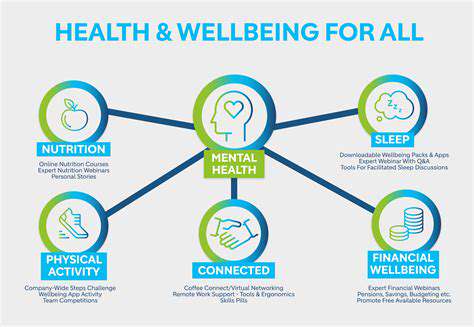Special Needs Pet Adoption: Giving a Loving Home
Finding a rescue or shelter that specializes in animals with special needs is crucial for a successful adoption. Many shelters and rescues cater to specific needs, such as senior pets, animals with disabilities, or those with behavioral challenges. Thorough research into the specific needs of your potential pet and the resources offered by the rescue or shelter is paramount. This research should include contacting the shelter directly, reviewing their website for details about their programs and policies, and looking for testimonials or reviews from other adopters. Understanding the shelter's capabilities in supporting the unique needs of the animal is essential for ensuring a positive and lasting outcome for both the pet and the adopter.
Consider the specific requirements of your lifestyle and home environment. Do you have experience caring for animals with health issues or behavioral challenges? Can you commit to the additional time and resources needed for a pet with special needs? If you are unsure, it's better to explore options that align with your experience and capacity. Remember, a rescue or shelter that understands and supports the specific needs of a pet is more likely to provide the necessary resources and guidance to ensure a successful adoption, fostering a harmonious relationship between the animal and its new family.
Understanding the Adoption Process and Requirements
The adoption process for special needs pets often involves a more in-depth evaluation than for typical pets. Rescues and shelters may require a home visit to assess the suitability of your environment for the animal's specific needs. This process helps ensure the animal's safety and well-being in its new home. Be prepared to answer questions about your living situation, your experience with animals, and your ability to provide ongoing care for the animal's particular needs, such as medication, specialized diets, or training.
Adoption fees for special needs pets can sometimes vary. The fees may reflect the additional costs associated with caring for the animal's medical or behavioral needs. Be sure to inquire about these fees upfront to avoid any surprises during the adoption process. Understanding the financial commitment is vital to ensuring a successful long-term relationship.
It's important to be prepared for the challenges that may come with adopting a special needs pet. Patience, understanding, and a willingness to adapt are key components of successful adoption. By understanding the adoption process, requirements, and potential challenges, you can be better equipped to provide the necessary support and care for your new companion.
Many rescues and shelters have extensive experience with special needs animals. They can offer valuable insights into potential challenges and provide guidance on how to best support the pet's well-being. Don't hesitate to ask questions and seek guidance from the shelter staff; their expertise can be invaluable throughout the adoption process.
.top/Preventing-Fraud-with-Automated-Booking-Security>Identifying suspicious activity is crucial for maintaining security and preventing potential threats. It involves recognizing patterns and behaviors that deviate from normal operations, often indicative of malicious intent or errors. This can include unusual login attempts, large data transfers, or unusual access requests. Monitoring system logs and user activity is essential for detecting these anomalies. Careful observation and analysis of the collected data are paramount in identifying these red flags, allowing for swift intervention and mitigation of potential damage.
Understanding the Adoption Process

Initial Steps and Considerations
The adoption process begins with a deep dive into understanding your readiness to adopt. This involves self-reflection, considering the emotional and practical implications of welcoming a child into your family. Crucially, it's important to be honest with yourself about your capacity to provide a stable and nurturing environment. Thorough research into available resources and support systems is also essential for a smooth transition.
Understanding the different types of adoption, such as domestic, international, or foster-to-adopt, is vital. Each path presents unique legal and logistical challenges that must be carefully considered. This preliminary phase is about establishing a clear vision of what you hope to achieve in the adoption process.
Legal and Regulatory Frameworks
Navigating the legal complexities of adoption can be daunting. Understanding the specific regulations in your region or country is essential for a successful outcome. This involves researching and comprehending the necessary documentation, procedures, and timelines associated with the process. It's highly recommended to consult with legal professionals specializing in adoption law to ensure compliance and protection of all parties involved.
Different jurisdictions have varying requirements regarding parental rights and responsibilities, which must be carefully evaluated. This step is crucial as it ensures the legal framework is in place to support a healthy and legally sound adoption process.
Financial and Resource Implications
Adoption often involves significant financial responsibilities, including legal fees, home study costs, and potential travel expenses, depending on the type of adoption. It's essential to carefully budget and plan for these expenses to ensure financial stability throughout the adoption process. Thorough financial planning is crucial to avoid potential undue stress during this already emotionally demanding journey.
Matching and Assessment Processes
The matching process involves careful consideration of the needs and characteristics of both the child and the prospective adoptive parents. This often includes home studies, interviews, and background checks to ensure a suitable match. This meticulous assessment process safeguards the well-being of the child and ensures that the adoptive family is a good fit.
Understanding the criteria used in the matching process allows prospective parents to prepare effectively and address any concerns or areas for improvement. This includes tailoring your approach to align with the agency's guidelines and expectations.
Emotional and Psychological Preparation
Adopting a child is a profound emotional journey, demanding patience, empathy, and understanding. Preparing yourself and your family emotionally is key to a successful adoption experience. It requires openness to the challenges and uncertainties that may arise. This involves anticipating potential emotional reactions from all family members involved.
Seeking support from therapists or support groups can be invaluable in navigating the emotional complexities of the adoption process. This proactive approach ensures that the adoptive family is well-equipped to handle the challenges and joys of raising a child.
Post-Adoption Support and Resources
The adoption journey continues long after the official adoption is finalized. Post-adoption support is essential for both the adoptive parents and the child. This includes access to ongoing resources, counseling, and support groups to help navigate the unique challenges that may arise.
Maintaining open communication with the adoption agency and seeking professional support when needed is crucial for the long-term well-being of the child and the adoptive family. Building a strong support network can significantly mitigate potential challenges.
Long-Term Considerations and Expectations
Understanding the long-term implications of adoption is crucial for prospective parents. This includes recognizing the unique challenges and joys that come with raising a child who has a different background. Adapting to the child's history and experiences is vital for fostering a loving and supportive environment. This requires patience, understanding, and a commitment to ongoing growth and development.
Adoptive parents often benefit from connecting with other adoptive families. Sharing experiences and learning from others can help navigate the challenges and celebrate the joys of raising an adopted child. Developing a strong support network is important for long-term success.












